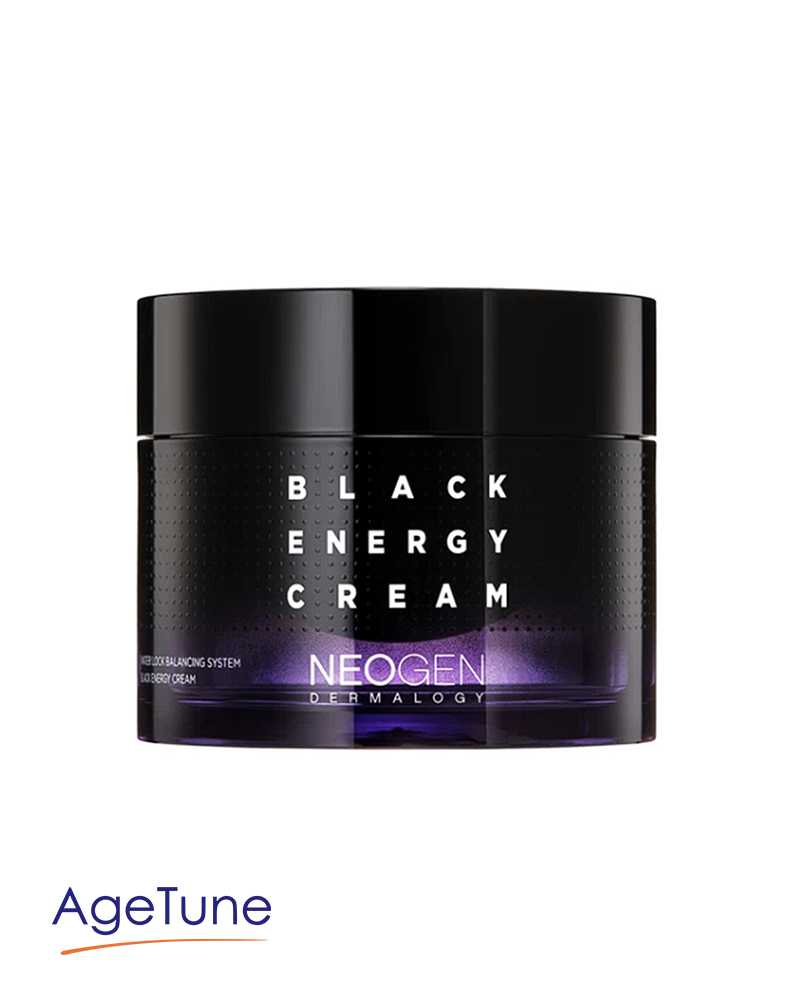-
Face
- Ampoule
- Cleansing Balm
- Cleansing Oil
- Cleansing Pad
- Cleansing Water
- Day and Night Cream
- Day Cream
- Emulsion
- Essence
- Face Hair Removal Cream
- Face Soap
- Facewash / Cleanser
- Gel Cream
- Kit Set
- Lip Balm
- Lotion
- Mask
- Moisturizer
- Night Cream
- Patch
- Peeling Gel
- Scrub
- Serum
- Sheet Mask
- Soothing Gel
- Spot Removal Cream
- Toner
CHOOSING THE RIGHT MOISTURIZER FOR YOUR SKIN

Selecting the right moisturizer for your skin type can be a game-changer in your skincare routine. With a myriad of options available, it’s crucial to navigate through the choices to find the perfect match for your skin’s needs.
By identifying your skin type, understanding key ingredients, and considering external factors, you can confidently select the right moisturizer tailored to meet your skin’s unique requirements, paving the way for a radiant and healthy complexion.
Explore these beauty tips for choosing and using moisturizer effectively:
1. Know Your Skin Type:
Dry Skin: If your skin feels tight, rough, or flaky, you likely have dry skin. Look for moisturizers rich in hydrating ingredients like hyaluronic acid or glycerin to lock in moisture and restore suppleness.
Oily Skin: Excess oil, shine, and enlarged pores characterize oily skin. Opt for oil-free, lightweight moisturizers with ingredients like salicylic acid to control oil production and maintain a matte finish without clogging pores.
Combination Skin: This skin type has a mix of dryness and oiliness, often with an oily T-zone and drier cheeks. Use different moisturizers for specific areas, such as lighter ones for oily zones and richer formulas for dry patches.
Sensitive Skin: Easily irritated or reactive to certain products? Look for fragrance-free, hypoallergenic moisturizers containing soothing ingredients like aloe vera or chamomile to calm and nourish without causing irritation.
Normal Skin: Balanced, not too oily or dry? You have flexibility in choosing moisturizers. Opt for products that maintain hydration levels and provide essential nutrients for healthy, glowing skin.
2. Ingredients Matter:
Hyaluronic Acid: This powerhouse ingredient is fantastic for hydration. It attracts and retains moisture, ensuring your skin remains plump and hydrated throughout the day.
Glycerin: Similar to hyaluronic acid, glycerin is a humectant that draws moisture to the skin, preventing dryness and keeping it soft and supple.
Ceramides: These lipid molecules help maintain the skin’s barrier function, keeping moisture in and irritants out. They’re excellent for dry or sensitive skin, restoring and protecting the skin’s natural barrier.
Aloe Vera: Known for its soothing properties, aloe vera is perfect for sensitive or irritated skin. It calms inflammation and provides gentle hydration.
Vitamins (like A, C, and E): These antioxidants offer various benefits—Vitamin A promotes cell turnover, Vitamin C brightens and evens out skin tone, while Vitamin E provides nourishment and fights free radicals.
Antioxidants: Ingredients like green tea extract, niacinamide, or resveratrol protect the skin from environmental damage, reducing signs of aging and promoting overall skin health.
Salicylic Acid: Ideal for oily or acne-prone skin, salicylic acid exfoliates the skin, unclogs pores, and reduces blemishes.
Dimethicone: A silicone-based ingredient that acts as a barrier, locking in moisture and creating a smooth, even surface. It’s great for those with dry or sensitive skin.
Fragrance-free Options: For sensitive skin types, avoiding fragrances and opting for fragrance-free products helps prevent irritation or allergic reactions.
3. Consistency is Key:
Daily Application: Consistently applying moisturizer, preferably twice a day, maintains skin hydration and supports its natural barrier function.
Skin Type Consideration: Tailor your choice to your skin type—dry, oily, combination, sensitive, or normal—ensuring the moisturizer aligns with its specific needs.
Climate and Seasons: Adjust your moisturizer based on seasonal changes or climate variations. Thicker creams in colder weather and lighter lotions in warmer conditions work best.
Patch Testing: Before full application, conduct a patch test to gauge compatibility and prevent potential adverse reactions to new products.
Routinely Incorporated: Incorporate moisturizer into your skincare routine alongside cleansing and sunscreen application for comprehensive skin care.
4. SPF Protection:
“Essential Sun Protection in Daytime Moisturizers: SPF 30 or Higher”
Ensure your daytime moisturizers include broad-spectrum sunscreen with at least SPF 30. Sun protection is vital in preventing premature aging and shielding the skin from harmful UV rays.
- Night Creams for Overnight Hydration:
“Enhance Nighttime Skincare with Specialized Products: Night Creams, Overnight Masks, Sleeping Packs”
Before bedtime, consider incorporating a slightly heavier or specialized night cream, overnight masks, or sleeping packs. As your skin enters repair mode during sleep, these products provide intensive hydration and nourishment to support the natural rejuvenation process.
- Eye Cream:
“Nourish Delicate Eye Skin with Specialized Moisturizers”
For the sensitive skin around your eyes, consider using a dedicated moisturizer. Eye creams are specially formulated to be gentle and can target specific concerns such as puffiness and fine lines.
- Don’t Forget Your Neck:
“Expand Your Skincare Routine to Include Neck Area for Anti-Aging Benefits”
Extend your moisturizing routine to your neck area, as these areas are also susceptible to aging and can reap the rewards of proper hydration.
- Apply on Damp Skin:
“Enhance Moisture Absorption: Apply Moisturizer to Damp Skin for Lasting Hydration”
To achieve optimal absorption, apply moisturizer to damp skin. After cleansing, gently pat your face dry with a towel, and promptly apply moisturizer. This helps seal in moisture, leaving your skin feeling thoroughly hydrated.
- Reapply During the Day:
‘’Combat Dryness Throughout the Day: Reapply Moisturizer in Colder or Drier Climates’’
If your skin tends to dry out during the day, especially in colder or drier climates, don’t hesitate to reapply a small amount of moisturizer. This helps maintain optimal hydration and keeps your skin feeling nourished.
- Adjust According to Seasons:
“Tailor Your Moisturizer to the Seasons: Adjust for Optimal Hydration”
Adapt your moisturizer to the seasons for the best results. During colder months, opt for a heavier and more hydrating formula, while in warmer weather, a lighter one may be sufficient to keep your skin nourished and balanced.
- Hydrate from the Inside Out:
“Prioritize Internal Hydration for Radiant Skin: Balance External Moisturization with Ample Water Intake.”
Ensuring overall skin health goes beyond external care. While moisturizers provide external support, maintaining adequate internal hydration is equally crucial. Drinking enough water complements the benefits of external moisturization, contributing to radiant and healthy skin.
- Layer Products Strategically:
“Optimize Your Skincare Routine: Apply Serums First, Followed by Moisturizer, and Sunscreen During the Day”
When using serums or treatment products, apply them first, followed by your moisturizer, and then sunscreen during the day. This strategic order creates a barrier that seals in the active ingredients and benefits of other products while providing an additional layer of hydration for your skin.
- Gently Massage:
“Elevate Your Moisturizing Routine: Massage Gently with Upward Motions for a Healthy Glow.”
During the application of moisturizer, use gentle, upward motions to massage it into your skin. This technique not only enhances absorption but also stimulates blood circulation, imparting a healthy glow to your skin.
- Exfoliate Regularly:
“Enhance Moisturizer Effectiveness with Gentle Exfoliation”
Boost the penetration of your moisturizer by incorporating a gentle exfoliator into your routine. However, exercise caution to avoid over-exfoliation, as it may result in irritation. Striking the right balance will help remove dead skin cells and optimize the benefits of your moisturizer.
- Address Skin Concerns with Specialized Formulas:
- “Combat Fine Lines and Wrinkles: Choose an Anti-Aging Moisturizer with Retinol or Peptides”
Address your concerns about fine lines and wrinkles by opting for an anti-aging moisturizer. Look for formulations enriched with ingredients such as retinol or peptides to promote smoother and more youthful-looking skin.
- “Irritation Concerns? Choose Fragrance-Free or Hypoallergenic Moisturizers”
For individuals with sensitive skin and a concern about irritation, opt for fragrance-free or hypoallergenic moisturizers. These formulations minimize the risk of allergic reactions, ensuring a gentle and soothing skincare experience.
- “Targeted Relief for Eczema or Rosacea: Explore Formulations Geared Toward Soothing and Repair”
Individuals dealing with eczema or rosacea may find relief in specialized formulations designed to soothe and repair the skin. Consider exploring products specifically created to address the unique needs of these conditions.
- “Acne-Prone Skin? Opt for Non-Comedogenic Moisturizers to Prevent Breakouts”
Individuals prone to acne should consider non-comedogenic moisturizers. These formulations are designed not to clog pores, reducing the risk of breakouts and promoting healthier-looking skin.








